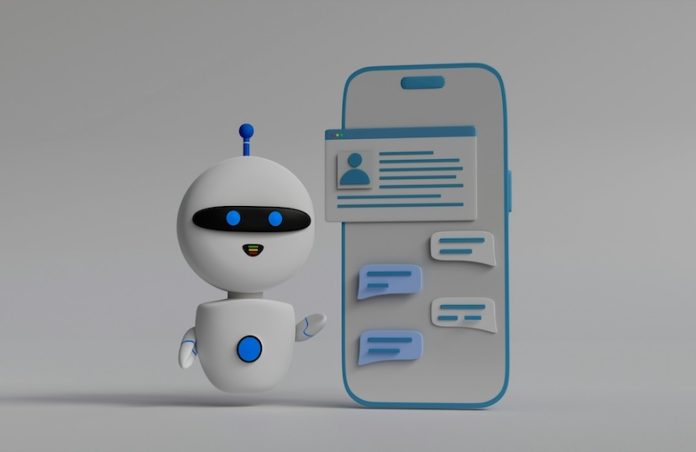
Schizophrenia and bipolar disorder are serious mental illnesses that often appear in early adulthood. While effective treatments exist, getting the right diagnosis can take years. Delayed diagnosis makes treatment harder and worsens the patient’s condition.
However, new research from Aarhus University and Aarhus University Hospital—Psychiatry suggests that artificial intelligence (AI) could help speed up this process. Their study, published in JAMA Psychiatry, shows that machine-learning models can predict who might develop schizophrenia or bipolar disorder in the future.
Using AI to Analyze Medical Records
Researchers analyzed electronic health records from 24,449 patients who had been treated for milder mental health conditions, such as anxiety and depression. They developed a machine-learning algorithm to estimate whether these patients were at high risk of being diagnosed with schizophrenia or bipolar disorder within the next five years.
If the algorithm predicts a high risk, doctors can pay closer attention to symptoms linked to these disorders. This could lead to earlier diagnoses and more timely treatment, which might improve outcomes for patients.
How Accurate Is the AI Model?
The AI analyzed more than 1,000 different factors from the medical records, including past diagnoses, medications, and text from doctors’ notes. The results showed:
- Among 100 patients labeled as high risk, about 13 actually developed schizophrenia or bipolar disorder within five years.
- Among 100 patients labeled as low risk, 95 did not develop either disorder within five years.
While these results are promising, they are not yet accurate enough for real-world clinical use. Researchers believe that improving how the AI interprets doctors’ notes will make the predictions more precise.
The Key to Better Predictions: Doctors’ Notes
When researchers looked at what factors contributed most to the AI’s predictions, they found that clinical notes—written by doctors during patient visits—were the most important. Specific words and phrases related to symptoms like social withdrawal, hearing voices (auditory hallucinations), and psychiatric hospital admissions were strong indicators of future diagnoses.
However, the current AI model only counts how often certain words appear. It does not fully understand the meaning of sentences or the context in which words are used. More advanced AI models, similar to those that power ChatGPT, could improve this by analyzing the full meaning of doctors’ notes rather than just individual words.
The Future of AI in Mental Health Diagnosis
Researchers are optimistic that more sophisticated AI models will improve the accuracy of predicting schizophrenia and bipolar disorder. With better technology, AI could become a valuable tool for doctors, helping them identify high-risk patients earlier and provide treatment sooner.
This study is an important first step in using AI for mental health, but further improvements are needed before it can be used in hospitals and clinics. If successful, AI could change the way severe mental disorders are diagnosed, leading to faster and more effective treatment for patients worldwide.
The research findings can be found in JAMA Psychiatry.
Copyright © 2025 Knowridge Science Report. All rights reserved.


